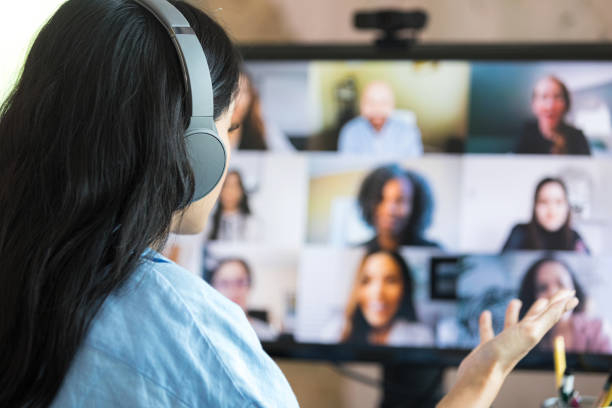Passive Participants: Mute Yourself
When you are a passive participant in a meeting, it is generally considered professional and beneficial for accessibility to mute your microphone. Failing to do so can lead to unintended disruptions and negatively impact the experience for other participants, especially those relying on closed captioning.
By muting your microphone when you are not actively speaking, you help maintain a focused and distraction-free audio environment. This prevents any accidental noises or background sounds from interrupting other participants' ability to hear and engage in the discussion. Additionally, muting your microphone can enhance the accuracy of closed captioning, as it reduces the chances of irrelevant audio being transcribed and potentially causing confusion or errors in the captions.
Muting yourself as a passive participant demonstrates good meeting etiquette and consideration for others. It helps ensure a more accessible and inclusive experience for all participants, allowing everyone to fully engage and benefit from the meeting or discussion at hand.

















